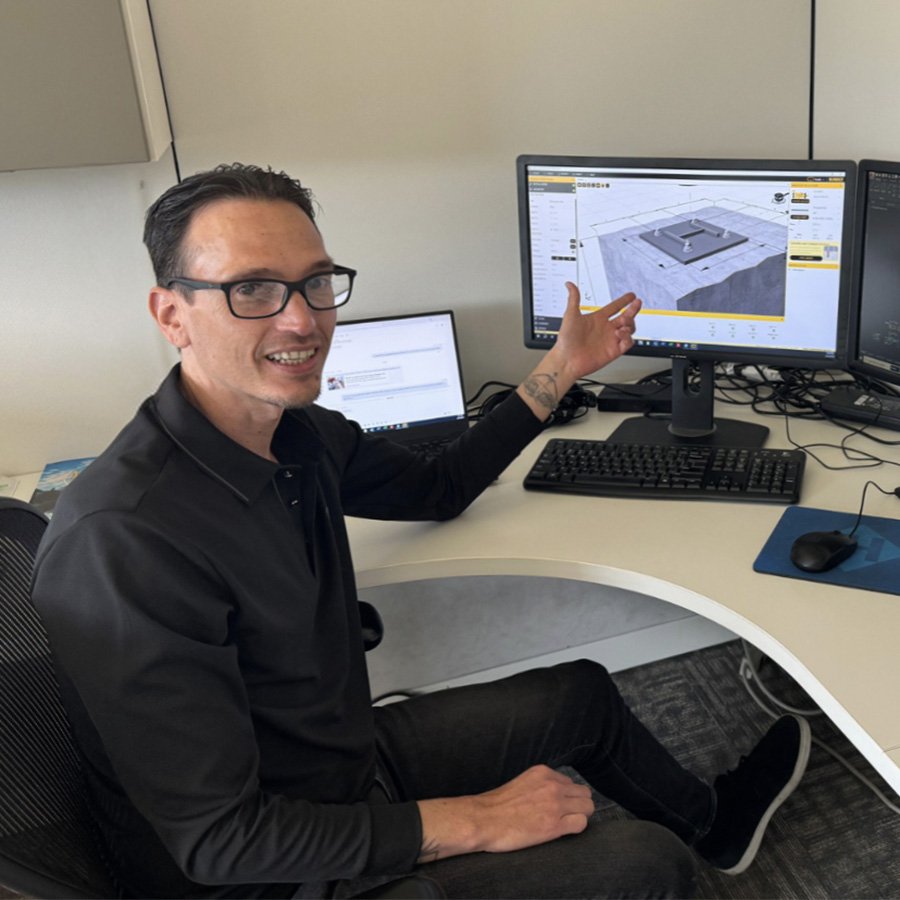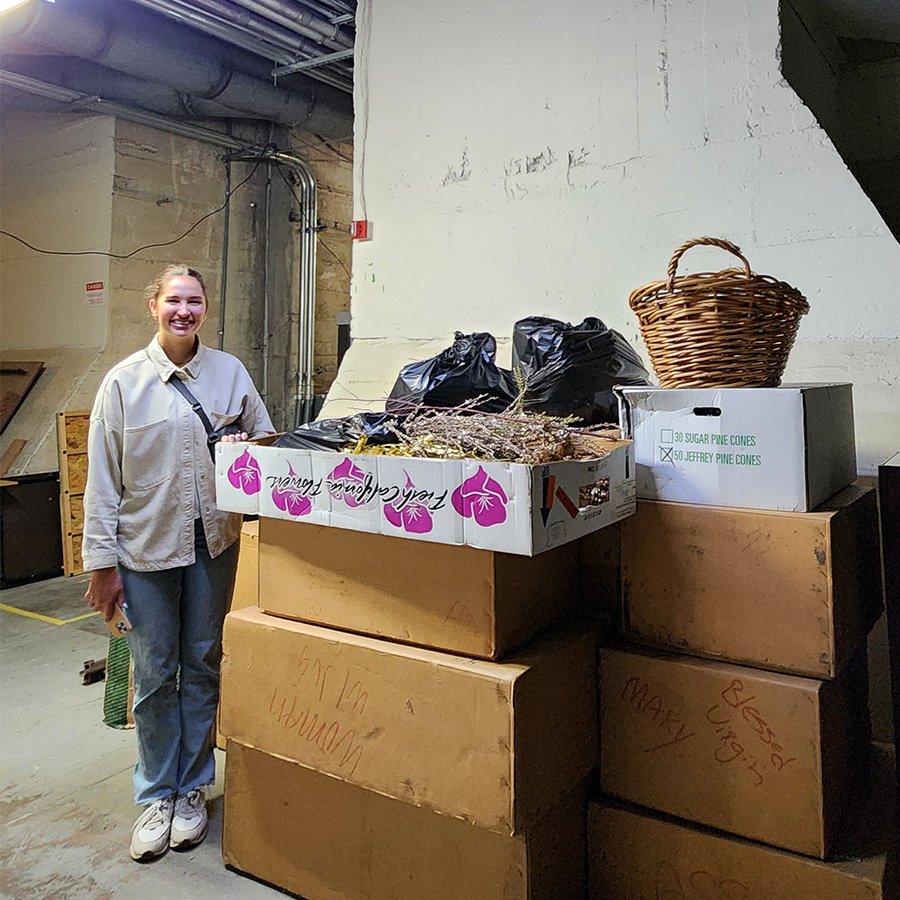Internship Experience (1MSE)
The internship spans a 15-week summer session, comprising 13 weeks of full-time work at a design firm and two weeks dedicated to report writing and preparation for the final oral presentation. During the internship, students will be under the direct supervision of a Professional Engineer or Project Manager, receiving task assignments and guidance from them. A faculty advisor will also be assigned to provide feedback and consultation as needed. At the end of the internship, students will make a formal presentation about their internship experience.
The following description provides general information on how an internship experience can help the students in the One-Year Master’s Program to meet their curricular goals.
Learning Objectives
During the internship, participants will advance their technical skills through hands-on experience with the tools and technologies used in the field; experience various aspects of the design and construction process; develop their communication, teamwork, problem-solving, and critical thinking skills; and practice working independently and managing their time effectively.
Duties and Responsibilities
When it comes to an effective internship, a wide range of tasks and duties could meet the anticipated learning objectives of the One-year Master’s Program. It is expected that the intern’s core duties and responsibilities will be directly related to structural engineering. Although interns will likely have the opportunity to engage with various projects, a specific focus should be placed on contributing to structural design and analysis. The following are examples of duties and responsibilities that can be beneficial for students participating in this internship program:
- Conduct analysis of building structures by implementing the fundamentals of structural mechanics
- Design structural systems or components using computer-aided design software and engineering principles
- Apply and interpret building codes, standards, and regulations
- Draft technical reports that describe design assumptions, methods, and results
- Participate in project site visits to develop a better understanding of construction techniques and materials
- Investigate the causes of structural failures and develop recommendations (structural forensics)
- Observe construction project management and learn about the design-build process
- Collaborate across disciplines with mechanical and electrical engineers, architects, project managers, or business developers
For further information
Contact
Ebrahim Shemshadian
Director of the One-Year Master’s Program in Structural Engineering
shems003@umn.edu

